hello.
many people who i’ve met in real life eventually discover my social media platforms and ask me why i haven’t considered making content creator my full-time career.
my ego will tell you that the idea of claiming the title content creator as an aspiring writer feels absolutely deplorable.
the larger part of me thinks about this question more times than i would like to admit and the thing that always stops me from going all in on social media is how disgusting i feel pushing inauthentic content and promoting products when we are already living in a world dominated by capitalism and over consumption. this is what they want. more people to influence people to buy more more more more more- more things we don’t need.
the other, more evident and ever present deterrent for me is the imposter syndrome that rips apart my aspirations and capabilities as an artist and a writer. it’s easier for me to blame capitalism than it is to face the person staring back at me in the mirror telling me i can’t.
to my artist friends, at what point do you have enough courage to bank on yourself without completely fucking yourself in the process? or is that the whole point?
but i have to put food on the table, right? creating content takes a lot more effort than people think. time, energy, and effort. and for free? well, i’ve been creating content for years for free because i genuinely enjoy doing it. i love writing to you. i love making little videos on tiktok about literature and films and art. i love taking photos and editing and curating and crafting an aesthetic that tells a story i feel in my soul but can’t put into words.
this is the dichotomy- the blurred line between the artist and the influencer.
the starving artist needs to be fed, nourished, loved, appreciated. meanwhile the influencer lives gluttonously. over nourished. an inundation of praise and clout that is viciously addictive. and who (or what, rather) chooses who gets to be these influencers? ironically it’s not people at all, but rather, the enigma of the algorithm.
in a world with polarizing and destructive political views that are rapidly dividing our country and our families apart, the only thing we have left that connects us together is art- literature, music, films, and everything in between. and it feels as though people don’t value or comprehend the power of art as a connector and balm to the soul of so many of people who are suffering. why? because we’re distracted, addicted, and a puppet to the algorithm that is glued to our finger tips throughout the entirety of our days. sadly, the people who need art the most are the ones who are completely reluctant to learning anything that isn’t directly aligned with their own beliefs.
do you want to know why literature and art are so important? literature is the bridge that serves as a connector for humans to understand the lived experiences of other people who occupy this world around them- people who live radically different lives whether by choice, or by force from the oppressive world we unfortunately still exist in. a creation of radical empathy and love and understanding, art provides this through all mediums. yet art remains the most underfunded in schools and under appreciated by society.
all this to say, as i think about my own dreams and how i want to leave my imprint on this earth, i can’t help but also feel weighed down by the inevitable fate of the artist who isn’t willing to sell out for the sake of being able to pay their bills and live a comfortable life. there seems to be an extra hurdle an artist has to go through in today’s society in order to make it by pushing through the enigmatic and competitive world of social media.
as per usual, i don’t have the answers. all i have are thoughts and this small corner of the internet to share my words with you.
and in true milk fed fashion, this wouldn’t be a proper letter without feeding you some book and film recommendations to consume. these are some-what related to today’s topic.
books:
art objects by jeanette winterson – this collection of essays explores the transformative power of art and literature, urging readers to engage deeply with works of art as a way to enrich their lives. winterson advocates for an unapologetic love of art, arguing against the dismissive, ironic detachment that often permeates modern culture.
the lonely city by olivia laing – blending memoir, art criticism, and social commentary, laing reflects on her experiences of loneliness in new york city, exploring how famous artists like edward hopper, andy warhol, and henry darger grappled with isolation. this book is a compassionate, introspective look at urban solitude and how art can be a bridge in understanding human loneliness.
orientalism by edward said – a foundational work of postcolonial theory, orientalism critiques the western portrayal of eastern societies, examining how the "orient" was constructed by colonial powers to justify imperial domination. said reveals how these distorted representations continue to influence cultural and political relations today.
trick mirror by jia tolentino – in this essay collection, tolentino dissects modern cultural phenomena like social media, feminism, and the self-obsession of internet culture. her essays combine wit, critical insight, and personal reflection, highlighting the contradictions and challenges of navigating identity in the digital age.
the price of salt by claire morgan – also known as carol, this groundbreaking novel tells the story of therese, a young aspiring set designer, and carol, a sophisticated older woman, as they embark on a tender, forbidden love affair. the novel is a nuanced exploration of desire, identity, and self-acceptance, written with a delicate yet bold prose that resonates with emotional intensity. (be sure to watch the film as well)
the concept of anxiety by søren kierkegaard – in this philosophical text, kierkegaard discusses the nature of anxiety, framing it as an essential part of human freedom and self-awareness. he describes anxiety as a feeling of dread that arises from the limitless potential of choice, connecting it to concepts of original sin and existential freedom. rather than something purely negative, kierkegaard sees anxiety as a necessary and even constructive force, pushing individuals toward self-discovery, spiritual growth, and an understanding of their own place in existence.
films:
frances ha (2012)
dead poets society (1989)
synecdoche, new york (2008)
fleabag (2016)
la belle personne (2008)
vivre sa vie (1962)
okay, that’s all for today.
when i say i love you, i really mean it.
if you’re not ready to become a paid subscriber and you have the capacity to leave a tip, that would be so appreciated.
i love you.
bye.

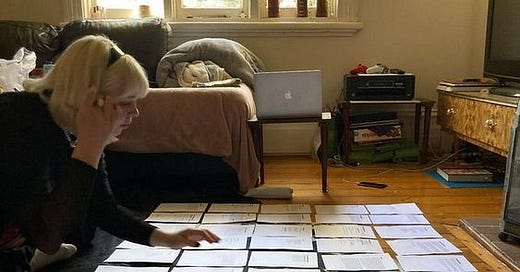


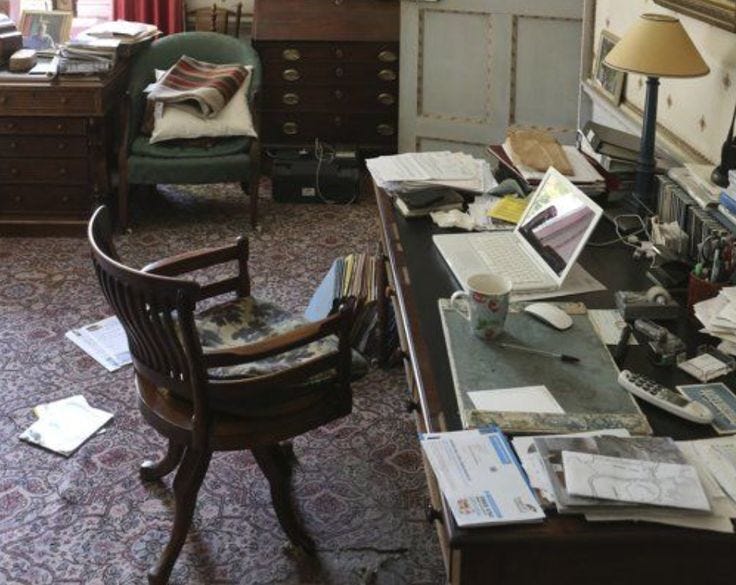

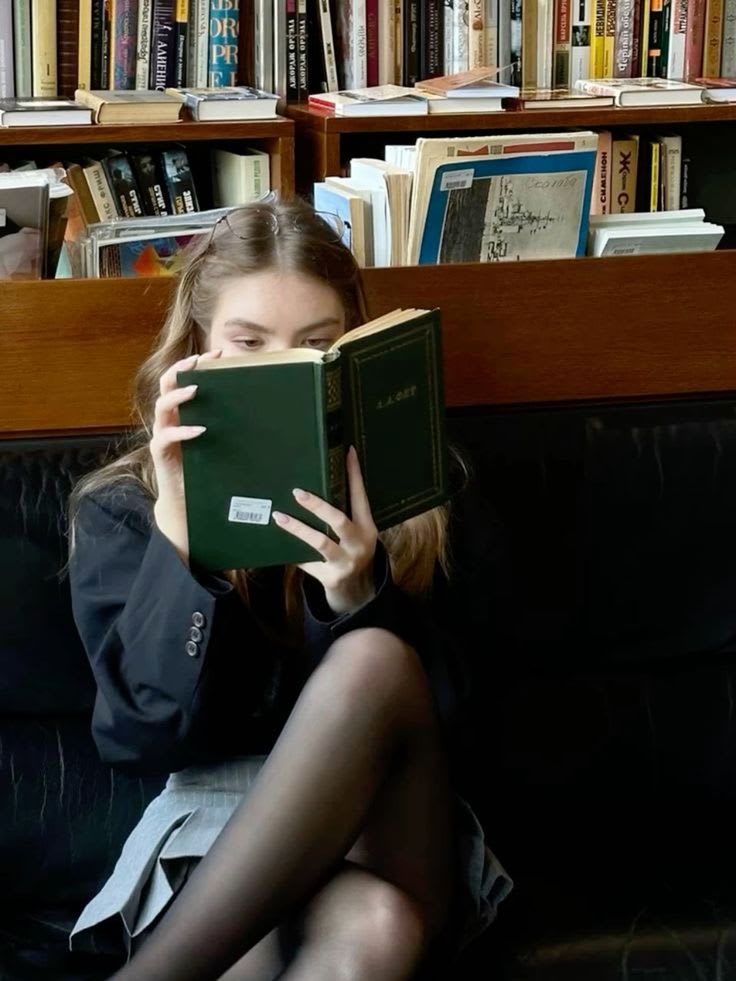
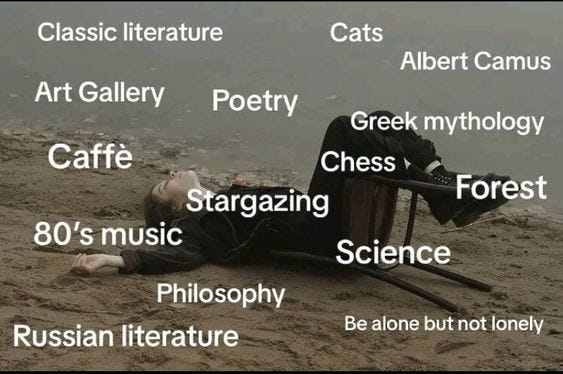
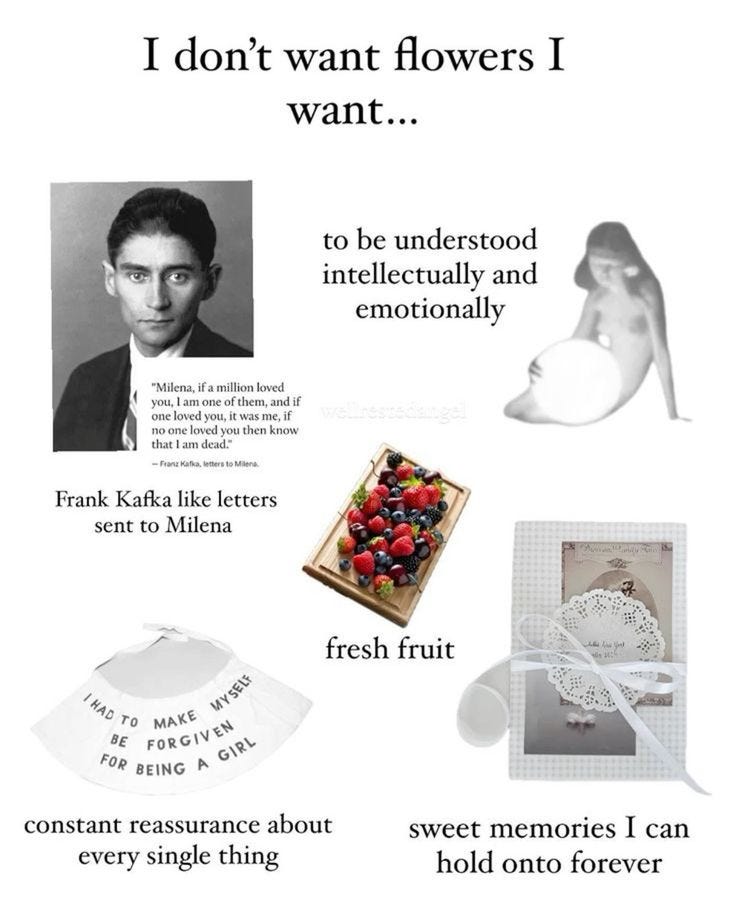

I don't think the feeling of selling out in order to be a successful in the art world is a new problem. The thing about art is that it needs money. In the world of ballet, theatre, acting, etc. it wouldn't be uncommon to hear about performers selling their own bodies in order to procure favors and lead roles. That's why for the longest time a career in the arts (particularly if you were a woman) was synonymous with prostitution. It's also why I want to pursue a career in medicine before I become a filmmaker. I want to be someone who produces art, not someone who produces content (because you're absolutely right there is a difference) and without the money to pay my bills I won't be able to do that.
Part of the reason why art continues to be undervalued in comparison to sports or tech is because it's associated with the feminine. America is an extremely masculine culture. We prioritize efficiency and seek to forge human bonds and connections within the hypermasculine space of sports. It's very unfortunate because art has been one of the first and oldest methods of connecting with humanity we have. Maybe that's why, in a way, America has lost it.
Now that we have AI to write and create art for us, we need human expression more than ever. I love the metaphor you gave about influencing being gluttonous while being an artist is the opposite. I do hope a world exists where artists can be fairly compensated for their work without losing their authenticity.